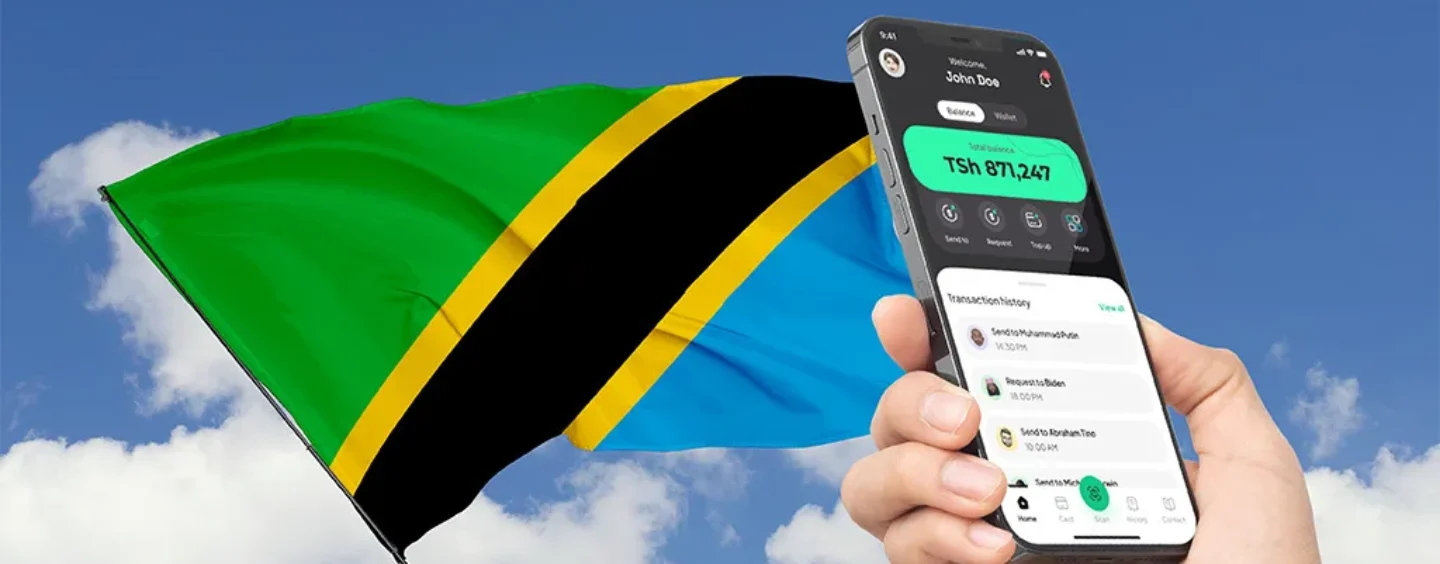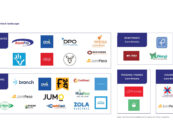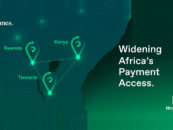
Financial Inclusion Improves in Tanzania, Facilitated by Mobile Money
by Fintechnews Africa 22 September 2023In Tanzania, financial inclusion is improving at a rapid pace, facilitated by the proliferation of mobile phones and a significant uptake in mobile money services usage in the country, a 2023 study by Financial Sector Deepening Tanzania (FSDT), a local organization supporting the development of the financial sector and access to financial services, shows.
The 2023 FinScope Tanzania study, a consumer survey on Tanzanian adults’ financial needs, preferences and behaviors, revealed that formal financial inclusion in the Eastern African country has increased considerably over the past years, rising 12% points from 65% in 2017 to 76% in 2023. This was at the detriment of informal financial services, which pulled back 1% point between 2017 and 2023.

Financial services penetration in Tanzania, Source: 2023 FinScope Tanzania, Financial Sector Deepening Tanzania (FSDT), July 2023
Mobile money services were the main driver of improved financial access in Tanzania, the study found. The category witnessed the strongest uptake during the period studied, with penetration growing by a notable 12% points from 60% in 2017 to 72% in 2023.
Banking services, meanwhile, rose at a more modest rate, increasing by 5% points from 17% in 2017 to 22% in 2023.

Usage of formal financial services in Tanzania, Source: 2023 FinScope Tanzania, Financial Sector Deepening Tanzania (FSDT), July 2023
According to the Tanzania Communications Regulatory Authority (TCRA), mobile money subscriptions are increasing at an annual average rate of 13%. In March 2023, a total of 44.35 million subscriptions were recorded, with annual transaction value in 2022 toppling US$56 billion.
Tanzania’s red hot mobile money market is currently dominated by Vodacom, which holds 36% of the market’s mobile money accounts. Vodacom is followed by Tigo (31%), Airtel (21%), Halotel (9%) and TTCL (3%).
The rise mobile money in Tanzania has been enabled by a surge in the number of mobile phones in the country.
Data from market research and statistics platform Statista show that the number of mobile cellular subscriptions per 100 inhabitants in Tanzania has grown steadily since 2000, soaring from nearly zero to approximately 75.5 by 2015. In recent years, the number has stabilized around 70, closing at approximately 85 in 2021.

Mobile cellular subscriptions per 100 inhabitants in Tanzania, Source: Statista, 2023
In parallel, Internet penetration is growing at a steady pace. In March 2023, the number of Internet subscriptions reached 33 million, with mobile wireless subscriptions accounting for a staggering 99.75% of all Internet subscriptions, data from the TCRA show.
Tanzania’s fintech sector
Compared with regional leaders like Nigeria, Kenya and South Africa, Tanzania still has a small and nascent fintech sector but new initiatives are being launched by both the government and the private sector to foster development and spur innovation in the space.
Last year, a new fintech acceleration program called PesaTech was officially launched. The initiative, spearheaded by Sahara Ventures, in partnership with Hindsight Ventures, Enea Advisors, and iPF Softwares, aims to support early-stage and later-stage post-revenue startups with mentorship, guidance and key business connections. The program is supported by the United Nations’ Capital Development Fund (UNCDF).
In Zanzibar, a tropical archipelago situated on the eastern coast of the country, the local government is working on turning the location into a major tech hub. In August 2022, it announced the ambitious Silicon Zanzibar plan, a new initiative intended to attract and relocate tech companies from across Africa to the island through incentives, including tax exemptions and special work visas for relocating tech workers.
Silicon Zanzibar has already attracted its first major anchor company. Last year, Wasoko, a Kenyan retail tech startup and one of the Africa’s fastest-growing companies, moved part of its team to Zanzibar and started building its tech headquarters on the island.
It also launched a tech hub in the heart of Fumba town in September 2022 called the Wasoko Innovation Hub. The project is hailed as the first private-public partnership between an African tech startup and the Zanzibar government for Silicon Zanzibar.
Despite Tanzania’s relative small fintech sector, the country has seen the emergence of a number of innovative startups. These players include Nala, a digital wallet and remittance startup; Ramani, a startup building financial infrastructure for Africa’s supply chains; and Jamii, a mobile micro-health insurance product provider.
Featured image credit: edited from freepik






No Comments so far
Jump into a conversationNo Comments Yet!
You can be the one to start a conversation.